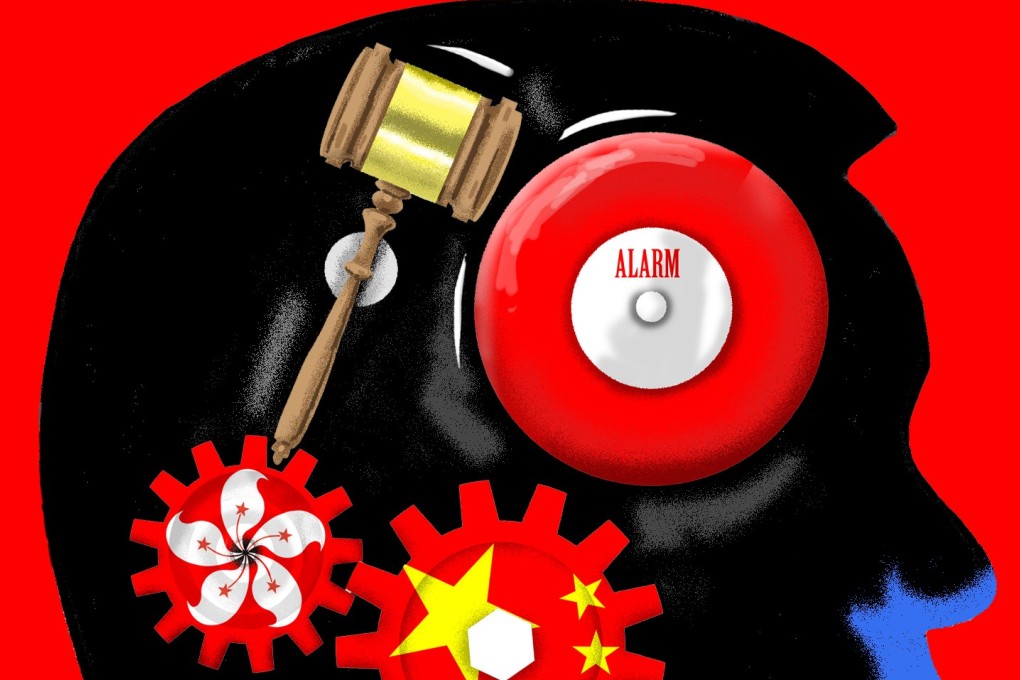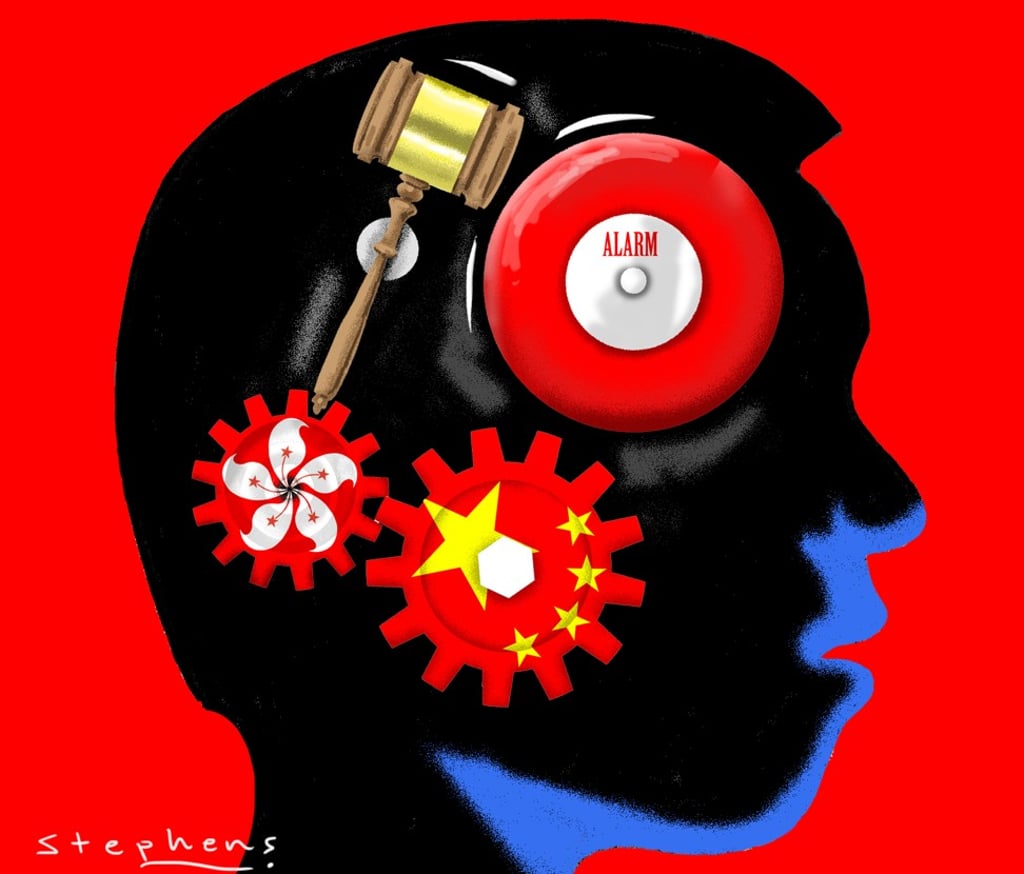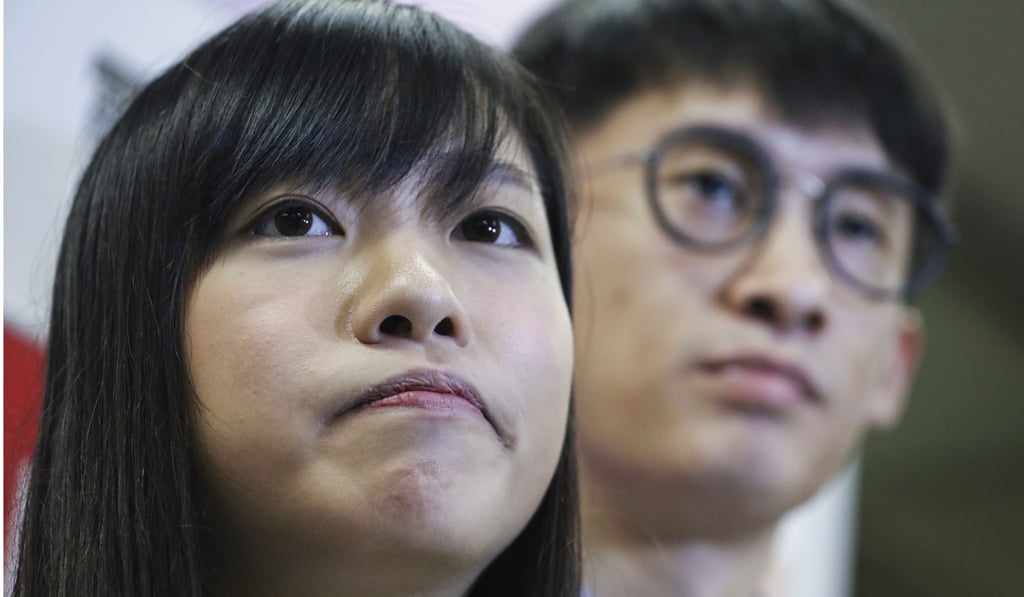Advertisement
With jailing of Joshua Wong and fellow activists, civil disobedience loses its allure in Hong Kong as rational thought returns
Tian Feilong says from the start, the political concept of civil disobedience did not befit the circumstances in Hong Kong, and the local version of the movement proved to be a dud, but with disastrous consequences
Reading Time:5 minutes
Why you can trust SCMP
0


To a certain extent, the second case is the result of the first. After all, the Occupy protests fostered the rise of radical localism and undermined the rule of law.
Beijing understood the seriousness of the situation, but could not directly address the problem because of the “one country, two systems” constitutional framework set out in the Basic Law. Thus, the judiciary’s response was vital.
In the Occupy case, the magistrate overseeing the sentencing was sympathetic to the protesters’ motivation, and said there were grounds for leniency as they were driven by their ideals to break the law. But her sentences of community service orders for two offenders (and a suspended jail term for the third) only had the effect of fanning radicalism, undermining the city’s rule of law. Thus, the Court of Appeal’s decision to jail the activists, and the top court’s refusal of Leung and Yau’s appeal, reflected the judiciary’s awareness of the public order crisis and its rational move to shoulder the constitutional responsibility.
Jailing Hong Kong’s three young Occupy leaders ‘will deter others from joining protests’

Advertisement